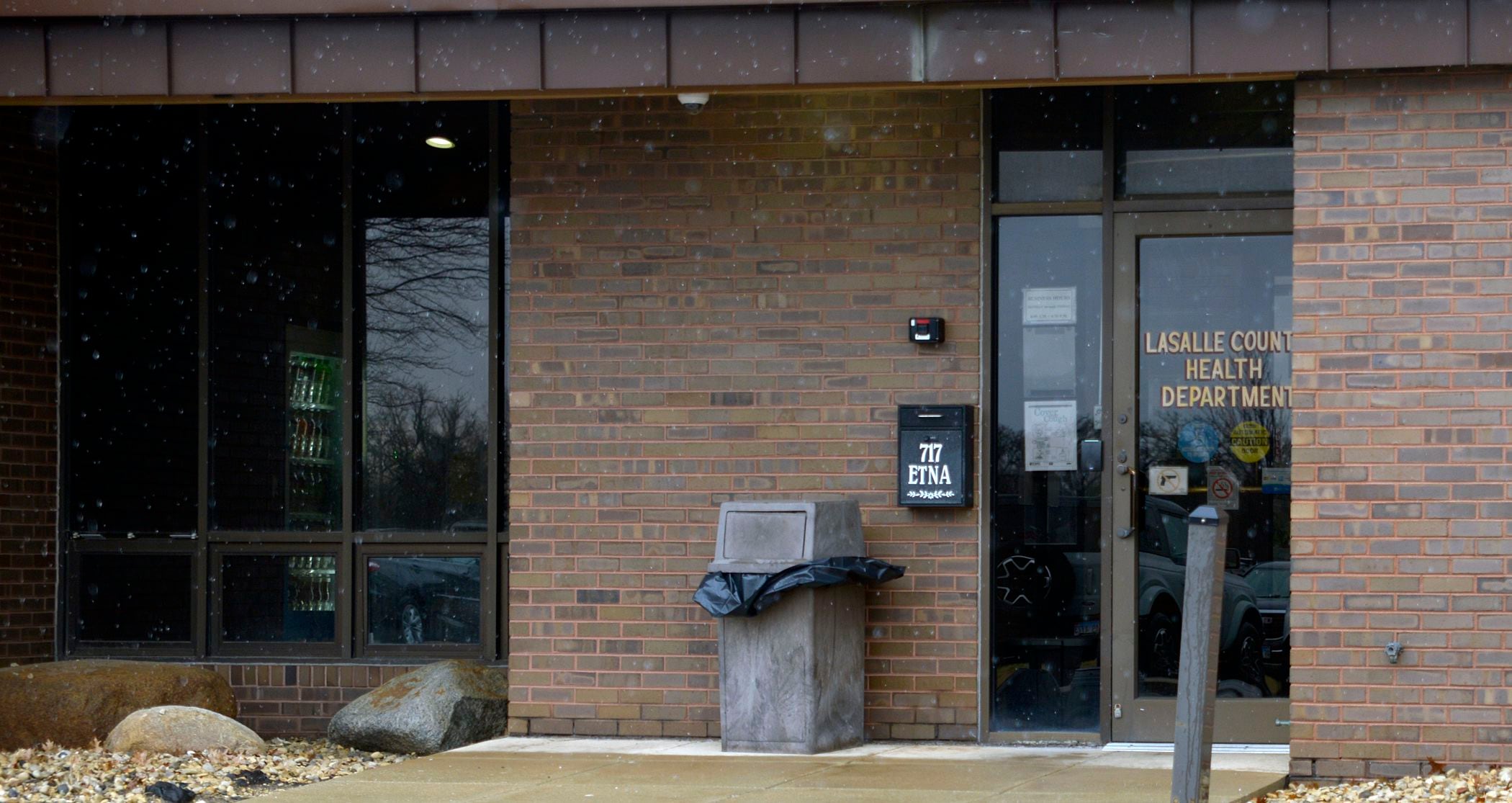DUBAI, Apr 14 : There is a serious gap between decision makers and people they cater to, and this gap is widening, said Nobel Peace Laureate Kailash Satyarthi on the concluding day of the Global Justice, Love and Peace Summit, held in Dubai on April 12 and 13.Satyarthi was talking to PTI on the sidelines of the summit on Sunday. In a session held late Sunday evening, Satyarthi, along with 11 other Nobel Laureates, shared their experiences in tackling bureaucracy and societal apathy in their journey towards social transformation.
“This is resulting in a serious lack of moral accountability and responsibility. We talk of legal accountability, regulations, rules, laws, but moral responsibility goes even deeper in holding people accountable. This is lacking in all walks of life, but especially at the level where decisions are made,” said Satyarthi.

The others who participated in the session include Nobel Peace Laureates from Tunisia Abdessattar Ben Moussa, Mohamed Fadhel Mahfoudh, Ouided Bouchamaoui and Houcine Abbasi, from Poland Lech Walesa, from Liberia’s Leymah Gbowee, from Sri Lanka Mohan Munasinghe, from Iraq Nadia Murad, from Iran Shirin Ebadi.Nobel Peace Laureates Jose Manuel Ramos Horta from East Timor and Oscar Arias Sanchez from Costa Rica attended the event virtually.Satyarthi said he launched a new movement called Satyarthi Movement for Global Compassion in close partnership with a number of Nobel Laureates and world leaders to tackle the lag in moral accountability, which, he said, is stemming from lack of compassion.
“When I talk of compassion, I’m not talking about kindness, sympathy, love or philanthropy. These are good human traits, but they cannot solve the deep-rooted problems which stemmed from systemic discrepancies and discriminations,” he added.He said often compassion is perceived as a weak emotion or a gentle feeling.
“But compassion is a force born out of the feeling of suffering of others as one’s own, which drives one to take action mindfully. So, I am trying to redefine, rearticulate, reinvigorate and relaunch the power of compassion,” said Satyarthi.The Nobel Laureate from India who is a champion of child rights, also urged India to emulate the United Arab Emirates, which is tackling intolerance by inculcating a sense of tolerance among the school children in a very systematic way.
“I would also say that all the governments in the world should teach their citizenry how to co-exist and how to be tolerant to each other and how to listen to each other,” added Satyarthi.In India, a lot of work has been done by a number of civil society organisations, faith institutions and academia in this regard, Satyayarthi pointed out.“But perhaps our government can take a page out of the UAE’s Ministry of Tolerance and Co-existence.
Because we have to pick up those threads and build a bigger movement,” he added.Ahead of the session, former president of Poland Walesa, who won the Nobel Peace Prize in 1983, told PTI that while some of the problems cannot be solved locally, world over, many politicians focus only on their region and short-term success.“Today’s technology is forcing us to recognise that some problems can no longer be solved locally.
We must think globally. If we don’t, we won’t find lasting solutions. We also have to accept that some past systems are no longer relevant,” said Walesa, who led the pro-democracy solidarity movement that led to the collapse of communism in Poland and inspired political changes across many countries.
He served as democratic Poland’s first popularly elected president from 1990-95.He said he received the Nobel Prize for helping dismantle a broken system.“But now we are in a different time.
We need to build a new system. It’s a different kind of work. Peaceful change is harder today because we are in the stage of collecting and testing good ideas.
We are not yet sure what will work. That’s why things will be uncertain right now.” (PTI)The post Serious gap between decision makers, people result in lack of moral accountability: Satyarthi appeared first on Daily Excelsior.
.
Top

Serious gap between decision makers, people result in lack of moral accountability: Satyarthi

DUBAI, Apr 14 : There is a serious gap between decision makers and people they cater to, and this gap is widening, said Nobel Peace Laureate Kailash Satyarthi on the concluding day of the Global Justice, Love and Peace Summit, held in Dubai on April 12 and 13. Satyarthi was talking to PTI on the sidelines of the summit on Sunday. In a session held late Sunday evening, Satyarthi, along with 11 other Nobel Laureates, shared their experiences in tackling [...]The post Serious gap between decision makers, people result in lack of moral accountability: Satyarthi appeared first on Daily Excelsior.











